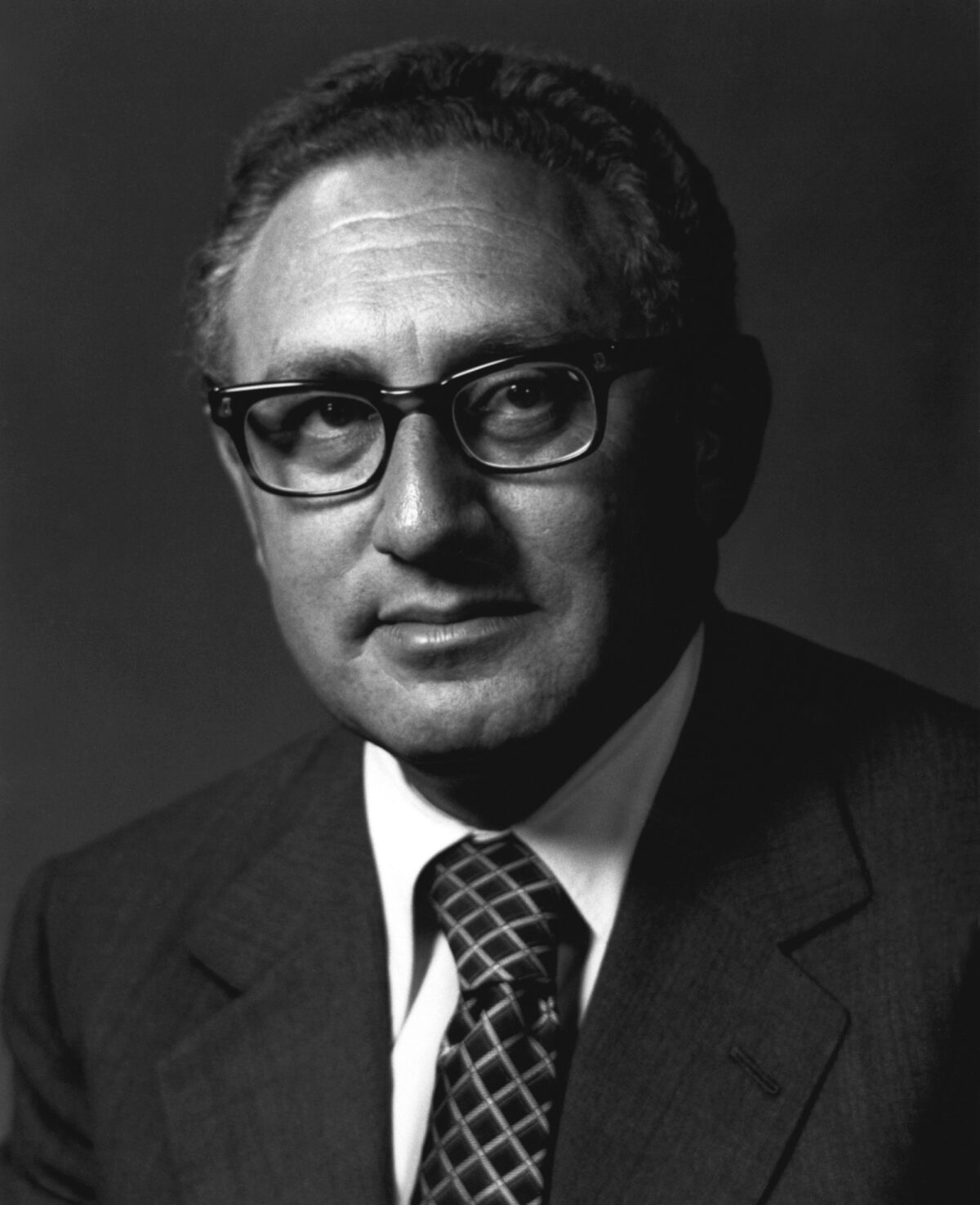With Henry Kissinger, even at the age of 100, the world was a safer and more secure place

From the perspective of today’s world, we can assess Kissinger’s legacy as undoubtedly positive. Let’s take for example, that both Russian President Vladimir Putin and Chinese President Xi Jinping sent statements of condolence on the occasion of his death. Of course, American President Biden, as well, emphasized that he often, very strongly, disagreed with Kissinger’s views. Kissinger understood diplomacy as the art of finding a balance between culturally, economically, politically, and historically different countries. His close friend and associate, the former state secretary and ambassador in Belgrade, Lawrence Eagleburger, described him as a man who “thinks in terms of the balance of power and firmly believes in the principle of stability.” “Americans tend to follow one set of moral principles. Henry, however, does not have an innate sense of America’s political system, and it does not follow the same basic values and prerequisites,” Eagleburger said.
Kissinger believed that the deformations of American foreign policy came from the Vietnam experience. The late 1960s and 1970s were dominated by a debate in which an argument emerged—not that America had gone too far, but that there was something rotten in American thinking itself and that America’s fate in Vietnam was some kind of punishment for its moral inadequacy. That is why it was not desirable for America to get the best possible deal but to be defeated because that was the only way to purify itself morally.
Within the Cold War system framework, Kissinger managed to build his own “mini-system,” according to which he ranks among the greatest statesmen and diplomats, Metternich, Bismarck, and Gorčkov. He ended the Vietnam War, changed the balance of power in the Middle East, laid the foundations for a peace agreement between Egypt and Israel, and achieved “détente” (accommodation) of East and West in Europe, where Belgrade played an important role. Ultimately, Kissinger integrated China into the world order, a merit that will last throughout the 21st century.
After the “period of humiliation” came the Reagan period and the reincarnation of neoconservatism. “The neoconservatives in America have insisted that the real American mission is not to defend the balance of power, our allies, but to spread democracy.” But how,” asked Kissinger. In the 1970s, it was said that moral pressure should be used. In the 1980s, it was said that economic sanctions should be used. In the 1990s, military force should be used and traditional principles of national interest were not decisive. Kissinger believed that such beliefs lead to the many challenges facing America today, making its domestic debate extremely difficult.
This is why Kissinger was strongly against the NATO attack on Serbia in 1999. He claimed that there were no negotiations at Rambouillet but an ultimatum, and he was against it as a whole. He emphasized that the NATO action in 1999 was an “insult to history” because Kosovo is the “cradle of Serbia” and that Serbia was twice on the American side – in the First and Second World Wars and that they were the first to break with Stalin in 1948. His proposal for the solutions to Kosovo and other Balkan problems was the organization of an international conference, modeled after the Berlin Congress in 1848, where the new borders of the Balkan states would be determined, including Bosnia.
Madeline Albright presented his criticism of the Clinton administration and foreign policy, particularly in the book “Does America Need a Foreign Policy,” published in our country. Kissinger was active until the last moments, proposing solutions for the crisis in Ukraine, relations with China, or the question of the future – artificial intelligence. His last visit was to China in July this year. We were supposed to see each other on October 26 in Houston, when he was announced at the celebration of the 30th anniversary of the Baker Institute, but he did not come; he spoke via video beam. Kissinger maintained a dialogue with Moscow and Beijing, which is unavailable or increasingly difficult for official Washington today. With Kissinger, even at the age of 100, the world was a safer and more secure place.
by Dragan Bisenić, journalist